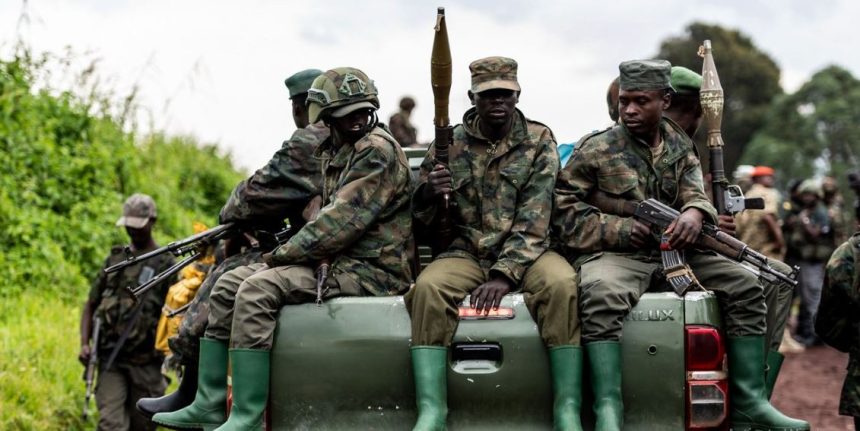On Monday, Rwandan authorities rejected the U.S. request for the withdrawal of troops and missile systems from eastern Congo, asserting that they are safeguarding Rwandan territory due to a significant military buildup by Congo near the border.
The Rwandan Foreign Ministry, in a statement, highlighted concerns about threats to national security arising from the presence of the rebel group FDLR in Congo, which reportedly includes individuals linked to the 1994 genocide.
The statement acknowledged the full integration of the FDLR into the Congolese army. While Rwanda had previously cited the FDLR threat, it had not openly admitted to a military presence in eastern Congo. Congolese authorities had accused Rwanda of actively supporting the M23 armed group, a claim Rwanda had consistently denied.
A U.S. State Department statement on Saturday criticized the escalating violence attributed to the M23, labeling it as a “Rwanda-backed” armed group. The statement called on Rwanda to immediately withdraw its defense forces from Congo and dismantle its surface-to-air missile systems.
Rwanda viewed the U.S. statement as a sudden policy shift or internal coordination lapse, causing it to question the credibility of the United States as a mediator in Africa’s Great Lakes region. Previous U.N. reports had presented solid evidence of Rwanda’s armed forces conducting operations in support of M23.
The M23 rebellion has resulted in the displacement of hundreds of thousands in Congo’s North Kivu province, particularly near Goma, where intensified fighting has occurred.
The rebel group, consisting of former members of Congo’s army, is one of numerous armed groups vying for control of the region’s resources. After being dormant for a decade, M23 resurfaced in late 2021, capturing significant portions of eastern Congo.





